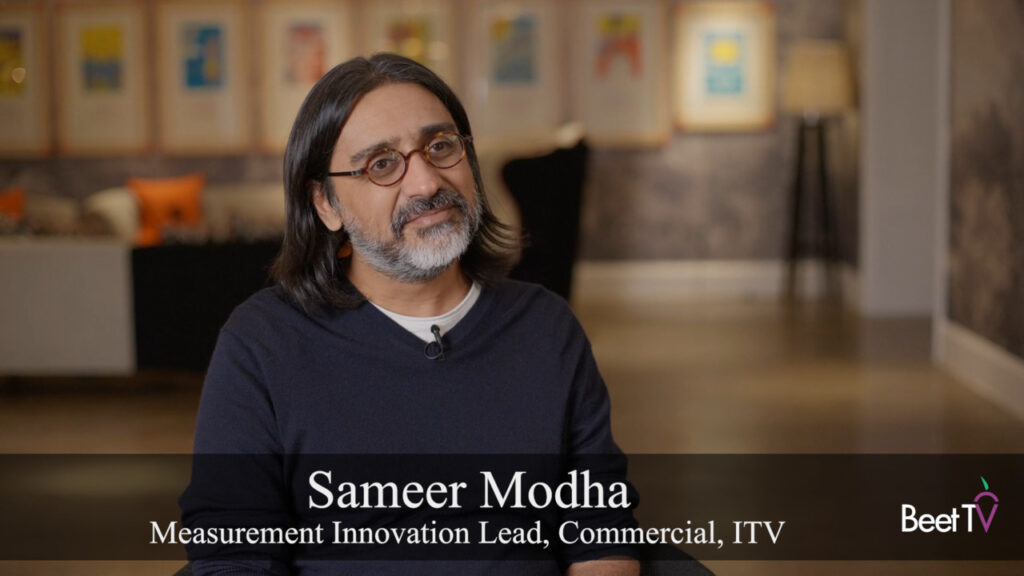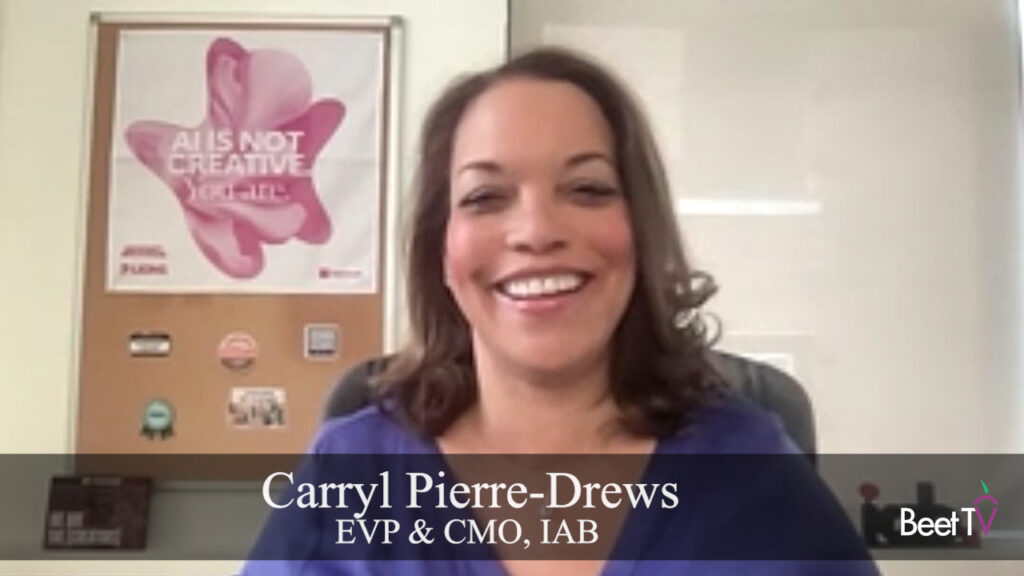BARCELONA – Having watched as Facebook and Google became “a real duopoly” in the mobile marketing space, telecommunications companies around the world are locked in an arms race to produce content and reap advertising revenue. “Telcos are just understanding that they sit on a huge data lake with first-party data that has incredible value, especially when we are moving to addressable media,” says Dominique Delport, the Global MD of Havas Media Group.
In this interview with Beet.TV at the Mobile World Congress 2017, Delport opines that while this year is one of transition and incremental innovation, there’s no ignoring the strides being made by telcos. “They are organizing our digital life. They just want to be back in the race,” he says.
Artificial intelligence is one means of gaining the upper hand with mobile users. Delport cites Telefónica’s announcement at MWC heralding its new AURA platform, which the company describes as “the basis for a new relationship model with customers.” AURA will make “cognitive sense” out of the flow of user data while giving users the means to control which data are used, the company says.
Augmented knowledge about mobile device users, including sharing of devices, will help telcos understand “all these weak signals that will be activated for advertising purposes,” Delport says.
Surveying the landscape of major U.S. players like AT&T and Verizon upping the ante on content creation, he says it’s a clear sign that “convergence is back.” It’s a major reason why telcos induce users to sign up for bigger data packages so that they spend more time consuming content.
Responding to the desire for premium content, Vivendi Content in Latin America and Europe recently launched Studio+, which the company describes as “the first global premium short series offer for mobiles.” Delport, who is also Chairman of Vivendi Content, describes the offering as 10-minute episodes in a series of 10.
The backdrop to the telcos’ advertising and content plays is the increasing integration on the part of Amazon, Apple, Facebook and Google. “They are fascinating but also a bit scary for the other players,” he says.
Delport refers to a prediction that in the next three years, 80% of mobile bandwidth will be consumed by mobile video. “It’s just beginning,” he says.
This video was produced in Barcelona at the Mobile World Congress 2017. The series is sponsored by Turner. Please visit this page for additional segments from MWC.


























